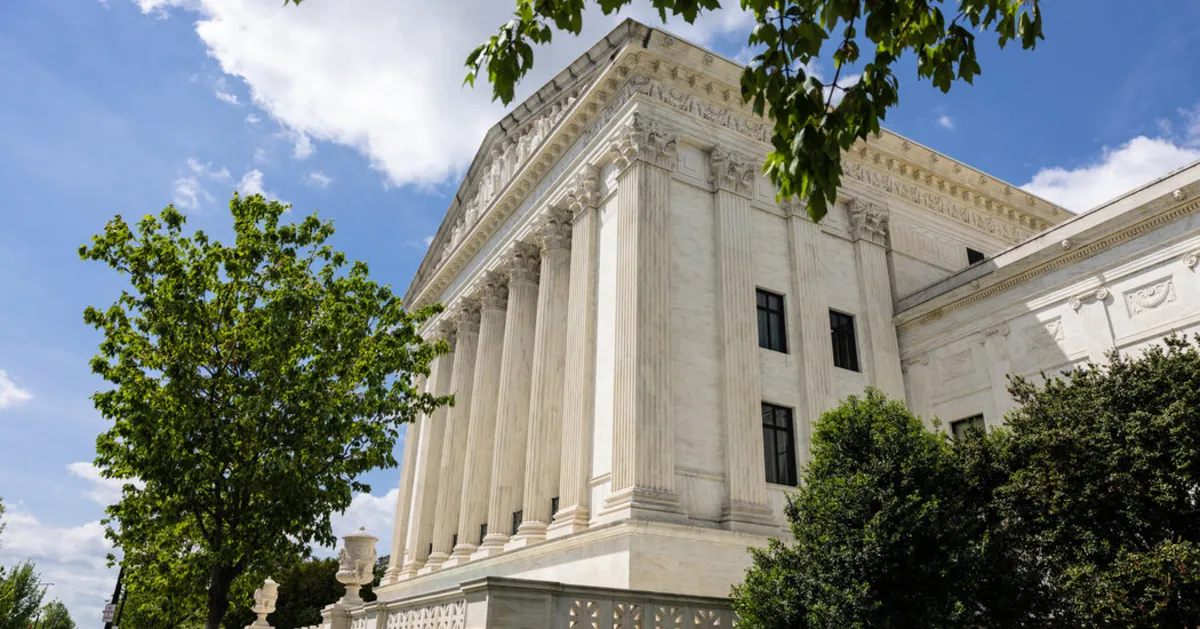
On Friday, the Supreme Court issued a temporary stay that protects the Trump administration from a lower court ruling requiring Elon Musk’s government efficiency team to release internal documents. This decision, made by Chief Justice John G. Roberts Jr., allows the court additional time to review an emergency application from the Trump administration, which argues that Musk's group should be exempt from public records laws.
The urgency of this decision comes ahead of a looming Tuesday deadline set by trial court judge Christopher R. Cooper. Judge Cooper had mandated that Musk and his efficiency team turn over documents by June 3 and allow the deposition of the Department of Government Efficiency's administrator by June 13. However, these actions will be paused while the justices deliberate on the matter.
In an emergency application filed on Wednesday with the Supreme Court, D. John Sauer, the solicitor general, requested that the justices block Judge Cooper’s ruling, which pertains to records from the White House Office of Management and Budget. Sauer contended that the judge exceeded his authority, emphasizing that Musk's group is a presidential advisory body rather than a federal agency, thereby exempting it from the federal Freedom of Information Act (FOIA).
Sauer further argued that the lower court's order poses a threat to the separation of powers by requiring a presidential advisory group to comply with public records requests, which could undermine the confidentiality and candor of its advisory role.
This is not the first instance in which the Supreme Court has been asked to intervene regarding cases associated with Musk’s government efficiency team. Earlier in the month, the government sought the court's permission for members of the Department of Government Efficiency (DOGE) to access sensitive records from the Social Security Administration. As of now, the justices have yet to issue a ruling in that particular case.
The legal battle concerning DOGE and its compliance with public records laws originates from a lawsuit filed by the watchdog group Citizens for Responsibility and Ethics in Washington (CREW). CREW has launched a series of requests aimed at obtaining information about Musk’s team. In February, the group sued Musk and others associated with DOGE, claiming they violated federal public records laws by not processing and releasing the requested records.
After a trial court judge determined that Musk’s team likely qualifies as an agency subject to federal public records law, a three-judge federal appeals panel concurred with this assessment. Following this, the administration sought the intervention of the Supreme Court to halt the trial court’s order.
The Supreme Court's temporary stay marks a significant moment in the ongoing legal discourse surrounding government transparency and the limits of public records laws. As the justices prepare to consider the implications of this case, the outcome may set important precedents regarding the classification of presidential advisory bodies and their obligations under federal law.